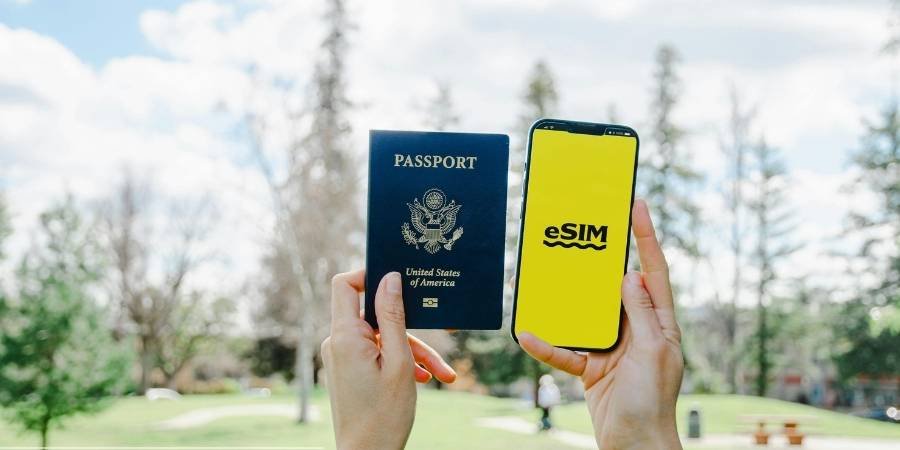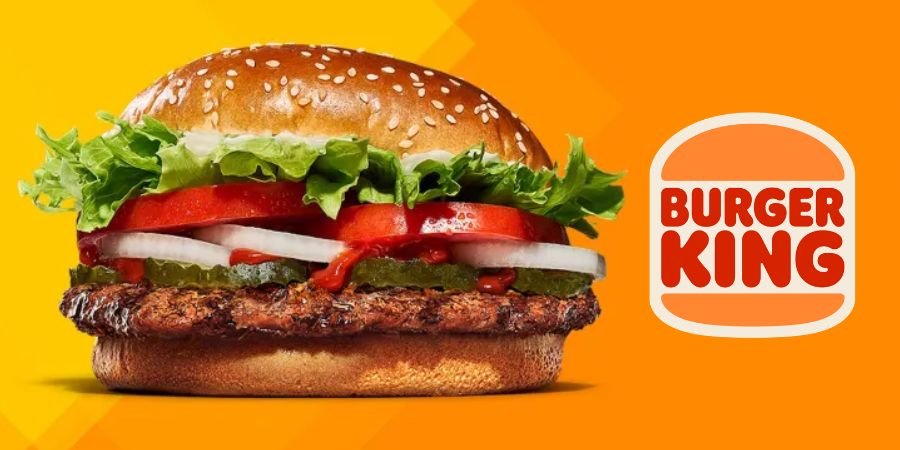Picture being able to scan an item and having an instant answer for where it was made, what it is composed of, how long it will last, and how to recycle it. Sounds convenient, huh? That’s the gist of digital product passports. This straightforward concept could revolutionize the way we shop and manufacturers produce products in the future.
Let’s dissect what they are, why they are important, and how they can assist us all in transitioning toward more sustainable shopping.
Understanding the Concept of Digital Product Passports
A digital product passport is a report card for whatever you purchase, only it’s on the web. Whether it’s a t-shirt, a cell phone, or a pair of shoes, every product has a history. Currently, we don’t really get to hear that history. We don’t know who produced the product, how it was produced, or if it can be reused or recycled.
This is where digital product passports enter the picture. They are digital tags that trace the product from the factory floor to the shelf at the store and even after bringing it home. They include vital information such as materials, care instructions, repair advice, recycling instructions, and more. All you have to do is scan a QR code or tap on a tag with your phone.
Why Digital Product Passports Matter for Sustainable Shopping
We’ve all heard about the speed of fashion and single-use items destroying the planet. But a lot of us still don’t know how to make more sustainable choices when we’re out shopping. That’s where sustainable shopping comes in. It means purchasing things that are created responsibly, last longer, and are simpler to recycle.
With digital product passports, more than ever before, it’s simple to make smart choices. If you can tell that a t-shirt is organic cotton, made with fewer gallons of water, and recyclable, you’ll be more likely to pick that over something comparable with no information behind it.
Simply put, these digital tags give control to the consumer. They enable anyone to shop smarter, not necessarily cheaper.
Big Brands and the Future of Transparent Shopping
This is not a minor trend. Major brands in fashion, electronics, and home products are beginning to pilot digital product passports. Some are even being prodded by new regulations and legislation that would like companies to be more transparent about their supply chains.
This change could mean everything to the ordinary consumer. Firstly, it inspires trust. If a company is transparent about how and where they produce their items, it proves that they do care. And in this era, consumers recognize that. Folks are more inclined to be loyal to honest and accountable brands.
In the course of time, such passports may reduce wastage, minimize carbon emissions, and get companies to design improved-quality products. That’s good news for consumers as well as the environment.
How It Works for Everyday Consumers
Suppose you are standing in a shop browsing a coat for the winter. There is a tiny label that reads, “Scan to know more.” You pull out your phone, scan the label, and lo. You see:
- Where the coat was produced
- What materials were used
- How to clean and store it
- Repair tips in case it gets damaged
- What to do when you no longer need it
That’s the magic of a digital product passport. No guesswork, no assumptions, just straightforward and plain facts. It’s like being able to read the label behind the label at last.
For those concerned with eco-friendly shopping, this can be a habit. The more we are informed, the better decisions we can make.
Helping the Planet One Product at a Time
When we discard things, we don’t always consider where they go. Landfills are expanding, the seas are filled with plastic, and natural resources are consumed more rapidly than ever before. But if we knew more, perhaps we wouldn’t be discarding so much.
A digital product passport will assist in keeping things in use for longer. It may instruct you on how to mend your jeans rather than throwing them away. It may provide you with the name of a local recycling center. It may even get you in touch with individuals wishing to reuse or upcycle your discarded items.
And that little difference? It counts. One fixed-up jacket, one reused phone, one borrowed item, it all adds up to a cleaner, healthier world.
In the not-so-distant future, not having a clue where your product is from or what it’s composed of will be as unusual as not knowing the contents of what you’re eating. Digital product passports will soon be a big deal in how we shop, particularly for consumers who want to make smarter, more responsible choices.
They make sustainable shopping easier. They encourage transparency. And they help shoppers and businesses work together toward something better.
So the next time you’re shopping, keep an eye out for that little QR code or NFC tag. It’s more than just a scan—it’s your gateway to shopping with confidence.
Read Also: How US Companies Are Tackling Sustainability and Scope 3 Emissions










